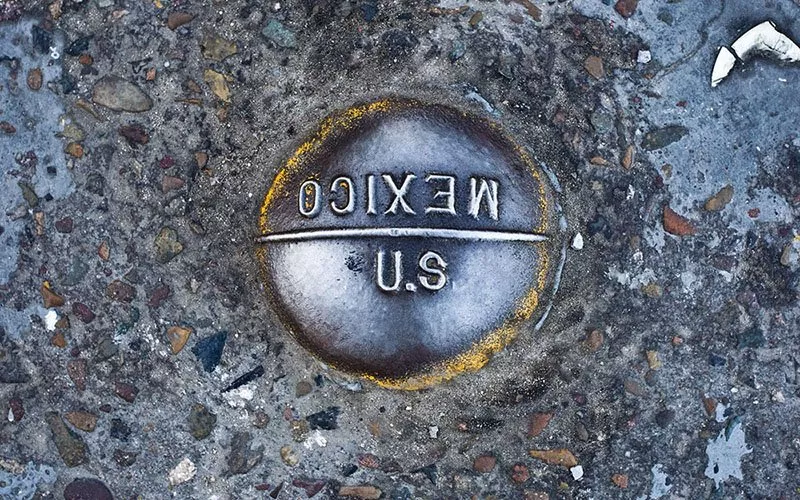
Josh Denmark/ U.S. Customs and Border Protection
The 161-page proposal, officially posted Monday in the Federal Register, would also streamline the asylum-approval process, letting immigration judges rather than immigration courts make rulings in asylum cases and redefining the definition of a frivolous application.
The proposal follows similar actions by the departments of Homeland Security and Justice, but legal experts say this time it will be harder to challenge in court than those previous rules.
“Essentially this rule tries, in a way that hasn’t been done before, to define what can be grounds for asylum,” said Jessica Bolter, an associate policy analyst at the Migration Policy Institute.
The proposal, first unveiled Wednesday, was swiftly condemned by advocates like the Tahirih Justice Center, which called the proposed regulations “an assault on the fundamental right to seek asylum.”
“If fully implemented, they will gut years of progress in the U.S. to create bridges to safety for so many whose governments could not and would not protect them from severe harm and even death,” said a statement from the nonprofit, which advocates for immigrants escaping gender-based violence.
But conservatives like Rep. Andy Biggs, R-Gilbert, welcomed the changes that he said would cut back on the number of “baseless asylum claims.”
“Eligible individuals in need of relief from persecution in their home countries should have an avenue to seek that relief,” Biggs said in a statement Monday. “But our system has become a tool that aliens unfairly use to gain illegal access to our nation and to slow down their deportation process.”
Bolter said the proposed rule “further raises the standard of proof that migrants have to reach during that initial fear screening interview,” the first step toward determining whether a refugee is in danger if returned to his or her home country.
“So in order to even get to the point where they’re making a claim for protection under the Convention Against Torture, they have to meet an even higher standard of proof in their initial screening that they have right after being apprehended at the border,” she said.
Among the most-severe elements, Bolter said, the new rule would gut protections for those escaping gender-based and gang violence in their countries. It also narrows the categories of people who face persecution on account of their race, nationality, religion, political opinions or “social group.”
The Justice Department said in a statement last week that the rule “would more effectively separate baseless claims from meritorious ones.” But Bolter worries that will give the government too much leeway in determining what is frivolous and what is meritorious before the cases are fully heard.
The proposal is subject to public comment through July 15, at which point the government has to review and respond before it can put any changes into effect. After the 30-day public comment period, the only other way for critics to challenge the ruling is in court, but experts said that will be difficult.
Lynn Marcus, a University of Arizona law professor, said that because of how “multifaceted” the proposal is, finding one plaintiff who could challenge all aspects of the regulation would be challenging. It would be more effective if organizations, instead of individuals, were plaintiffs in any legal challenge, she said.
“There might be a way to do it with organizational plaintiffs where you have organizations that help asylum-seekers who say that the regulations are illegal, and we’re not able to help anyone apply for asylum because all the people that we would help with would be illegally barred,” Marcus said.
People could also challenge the rule on constitutional grounds, said Arash Tavanaei, an attorney at CIMA Law Group in Phoenix, although that would be difficult, too.
“It’s going to be very challenging, and I think that administration knows that,” he said.
Ultimately, advocates said, opponents may have to make their dissatisfaction known at the ballot box.
“It’s been ban upon ban upon ban. And this is the last nail in the coffin for asylum if it takes effect,” Marcus said of the administration.